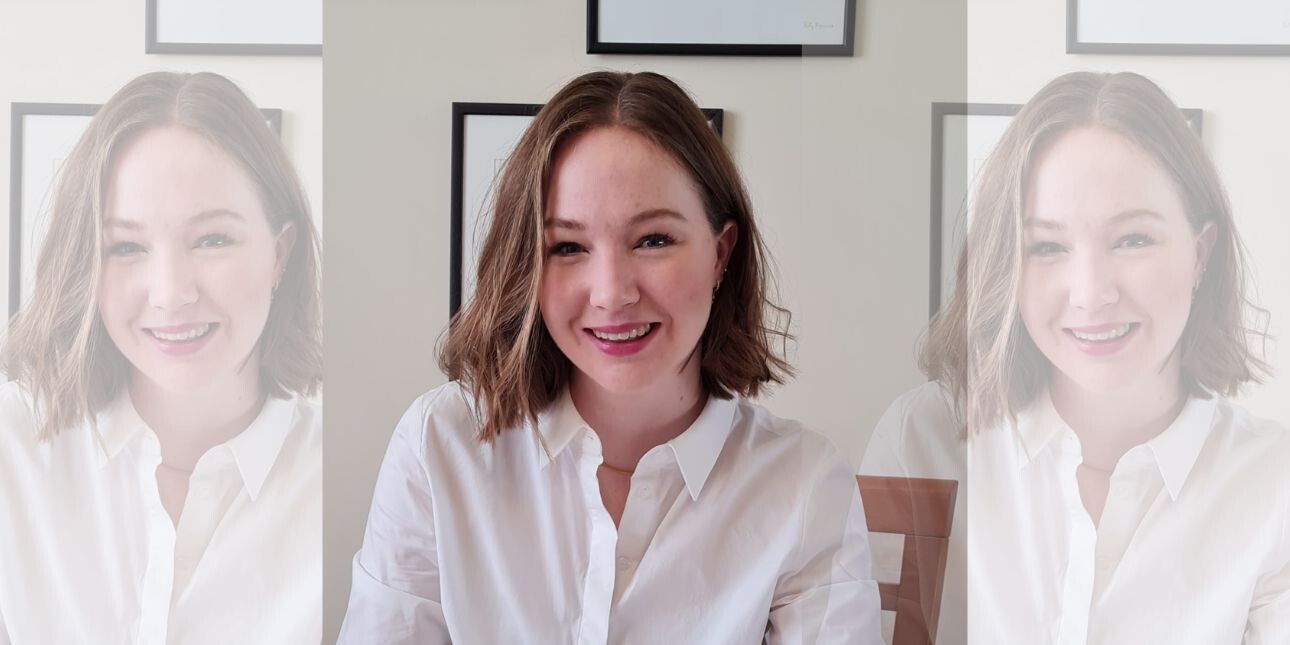‘I was given the best remedy to imposter syndrome’
This week we shine the spotlight on a CIPR member who translates complex scientific information into words that the rest of us can better understand!
Name: Katherine Davidson
Job title and company: Communications specialist at Cancer Research UK Cambridge Institute
Location: Cambridge, UK
Time in PR: Three years
What does your current role involve?
I'm part of a small team responsible for all aspects of communications for our scientific research institute. I specialise in digital and social media, public engagement and increasingly lead on our internal remit.
A large portion of my time is spent translating complex scientific information - especially moments of progress and discovery - into layman's terms, with the aim of giving hope to the public, enthusing and celebrating our staff and attracting the very best researchers to our institute.
What do you love most about working in public relations?
In my current role, I often think about how lucky I am to be able to share my enthusiasm and curiosity with others. As a communications team, we hear on an almost daily basis about a new piece of cutting-edge research, fuelled by the hard work of a team of scientists. It is a privilege to have a ‘front row seat’ to these stories, so it feels like a natural reflex to seek to share this news widely.
What's been the highlight of your career so far?
I'm never more satisfied at work than when I'm helping to shine a light on someone, particularly someone whose efforts wouldn't typically be recognised.
I recently coordinated an event called Behind the Science for our operations teams, to share our latest research successes in lay terms and to reiterate how essential the work of our non-scientific staff is to enable vital research to happen. The positive feedback I received made every moment of the planning process worth it!
How long have you been a member and what made you join?
I joined the CIPR three years ago, when I started my first full-time role in communications. I took a somewhat squiggly route into my career as, while I had undertaken extensive work experience and intern roles in the field during my undergraduate studies, I then stayed on at university to do a PhD. It was important to me that I found a supportive space to refresh and refine my professional skills.
How does the CIPR support your career?
In so many ways! As well as tracking my CPD to maintain my professional accreditation, I've just started my second year as a committee member of CIPR East Anglia.
Working with the committee has really helped me to feel part of the CIPR community and made me feel confident enough to apply to the CIPR Excellence Awards this year. I was so happy and proud to be a finalist in the category of Outstanding Young Communicator of the Year.
What’s test piece of career advice you’ve been given?
A remedy to imposter syndrome: I once had a manager who advised a group of new starters, including me, to consider it rude to doubt whether we deserved our role.
She asked us, in moments of self-doubt, to remember the number of people, likely people we respected, who had been part of our application process and who were excited for us to join their organisation. If we admire people professionally, this should include trusting their hiring decisions!
- Becoming a Chartered PR helped me overcome my imposter syndrome
- Silencing self-doubt: How to overcome imposter syndrome
FIND OUT MORE ABOUT JOINING THE CIPR
Take the next step in your PR career and become a member. The CIPR is a supportive and inclusive community where everyone can connect, thrive and grow. Join the CIPR today.
.jpg&w=728&h=90&maxW=&maxH=&zc=1)
